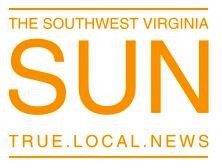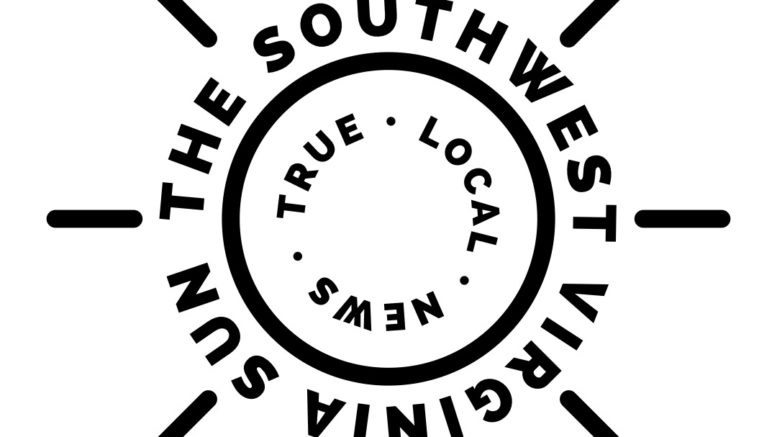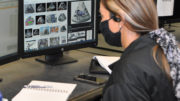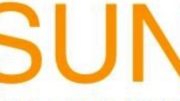Teams from schools, clubs, and other education organizations across five southeastern states and Puerto Rico recently completed experiments as part of the Plant the Moon Challenge Space Grant Regional Expansion Project.
A total of 446 teams involving 4,483 students participated in an expanded version of the Institute of Competition Sciences Plant the Moon Challenge through a regional partnership of state Space Grant consortia led by the Virginia Space Grant Consortium and funded by NASA.
The global science experiment and research competition challenges students to examine how vegetable crops can grow in lunar soil. Using lunar soil simulant from the University of Central Florida’s CLASS Exolith Lab, the teams designed and conducted a set of experiments using the simulant to grow crops over eight weeks for a future long-duration mission. Students’ research will help NASA scientists understand how to use lunar soil to provide nutritious crops for future missions to the Moon or Mars.
The NASA Space Grant Regional Expansion Project builds on the Plant the Moon Challenge by expanding the reach of the challenge to underserved and underrepresented STEM students in five partnering states: Virginia, North Carolina, South Carolina, West Virginia, Florida, and Puerto Rico. VSGC and program partners are excited to work with the Institute of Competition Sciences to allow more students and educators to participate while covering the cost of regolith kits, adding a materials stipend for participating teachers, expanding professional development for educators, enhancing speakers and activities for participants, and providing experiential prizes in each state and at the regional level.
The Institute of Competition Sciences engaged a panel of NASA and industry scientists, program executives, and other dignitaries to determine Best in Show award winners from the region.
Best Overall Middle School Team winner is “Manassas Park Middle” from Manassas Park Middle School in Manassas Park, Virginia, led by educator Robyn Weatherholtz;
Best Overall High School Team winner is “Aerospace 2: POTATO” from the Academy of Arts, Science, and Technology in Myrtle Beach, South Carolina, led by educator Katie Thompson.
Regional winners will be honored an awards ceremony at Kennedy Space Center in Cape Canaveral, Florida, on June 20.
The Plant the Moon Challenge Space Grant Regional Expansion Project will be offered again in the spring semesters of 2024 and 2025. For more information, contact: [email protected].
Locally, Cougars 4, led by Tina Winesett of Pulaski Middle School won the middle school Experimental Design category. Cougars 1 from Pulaski Middle and also led by Winesett, won the Innovation category for middle school.




